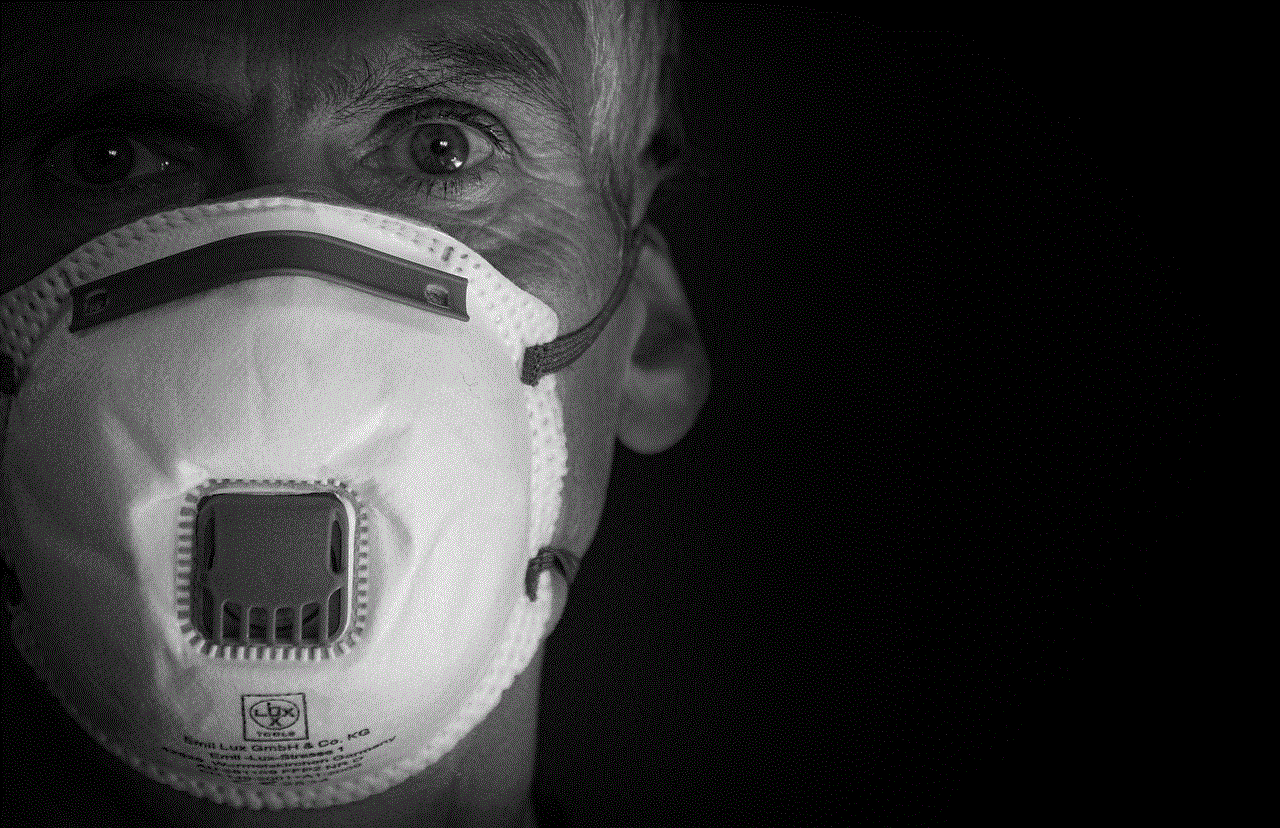sell nudes for money
# Selling Nudes for Money: A Comprehensive Guide
In the digital age, the landscape of personal expression, creativity, and commerce has transformed dramatically. One of the more controversial yet increasingly prevalent trends is the practice of selling nudes for money. This phenomenon raises numerous questions about consent, legality, ethics, and the implications it has on personal identity and societal norms. In this article, we will explore various facets of this topic, including the motivations behind it, the platforms that facilitate it, and the risks and rewards involved.
## The Rise of the Adult Content Industry
The adult content industry has existed for centuries, but the internet has revolutionized its accessibility and reach. With the advent of social media and content-sharing platforms, individuals can now create, share, and monetize their content directly. This shift has empowered many to take control of their bodies and their narratives, allowing them to bypass traditional gatekeepers such as modeling agencies and adult film producers.
The rise of platforms like OnlyFans, Patreon, and various adult websites has made it easier for individuals to sell intimate content. These platforms provide a space for creators to connect with their audience and generate income in ways that were previously unimaginable. The allure of financial independence, coupled with the potential for self-expression, has drawn many into this burgeoning field.
## Motivations for Selling Nudes
Understanding why individuals choose to sell nudes is crucial to grasping the complexity of this topic. While financial gain is often the most cited reason, there are multiple motivations at play:
1. **Financial Independence**: Many people seek alternative income sources, especially in uncertain economic climates. Selling nudes can be lucrative, providing a means to support oneself or fund passions.
2. **Empowerment**: For some, selling nudes is an act of reclaiming their bodies and challenging societal norms regarding sexuality and objectification. It can serve as a form of empowerment, allowing individuals to take control of their own narratives.
3. **Creativity**: The process of creating and sharing nudes can be a form of artistic expression. Many individuals approach it as a creative outlet, exploring their identity and aesthetics through photography and digital art.
4. **Attention and Validation**: In a world driven by social media and online interactions, the desire for validation can be strong. Selling nudes may provide affirmation and attention from admirers, which can be psychologically rewarding.
5. **Community and Connection**: Many individuals find a sense of community within the adult content industry. Engaging with fans and fellow creators can foster connections that might not be found elsewhere.
## Platforms for Selling Nudes
The rise of technology has led to the emergence of various platforms that facilitate the sale of nudes. Each platform comes with its own set of features, audience, and guidelines:
1. **OnlyFans**: One of the most popular platforms for adult content creators, OnlyFans allows individuals to charge subscribers a monthly fee for exclusive content. It gained significant attention during the COVID-19 pandemic as creators sought new income streams.
2. **Patreon**: While not exclusively for adult content, Patreon allows creators to offer various tiers of membership, including NSFW content. It’s popular among artists, writers, and performers who want to monetize their work.
3. **Social Media**: Platforms like Instagram and Twitter are often used to promote adult content, although they have strict guidelines regarding explicit material. Creators often use these platforms to build their audience before redirecting them to paid services.
4. **Adult Websites**: Numerous adult websites allow users to sell content directly, such as Clips4Sale and ManyVids. These sites cater specifically to adult content and often have built-in payment systems.
5. **Personal Websites**: Some creators opt to build their own personal websites, where they can sell content directly to consumers without intermediary fees. This approach requires more technical know-how but offers greater control.
## Legal Considerations
Selling nudes is not without its legal complexities. Individuals must navigate various laws and regulations that can differ significantly by location. Here are some legal considerations to keep in mind:
1. **Age Restrictions**: It is essential to be of legal age to sell adult content. In most jurisdictions, this is 18 years old. Failing to comply with age restrictions can lead to severe legal consequences.
2. **Consent and Ownership**: All parties involved in the creation of adult content must give explicit consent. Additionally, creators should be aware of their rights regarding the ownership and distribution of their images.
3. **Distribution Laws**: Laws surrounding the distribution of adult content vary by country and state. Creators should familiarize themselves with local laws to avoid potential legal issues.
4. **Tax Implications**: Income generated from selling nudes is subject to taxation. Creators should keep track of their earnings and consult with a tax professional to ensure compliance.
5. **Privacy Concerns**: Selling nudes can lead to privacy risks, including the potential for images to be shared without consent. Creators should take measures to protect their identity and personal information.
## The Risks Involved
While there are many potential rewards to selling nudes, there are also significant risks that individuals should consider:
1. **Stigma and Judgment**: Society often stigmatizes individuals who sell adult content, leading to potential isolation and judgment from peers, family, and employers. This stigma can have lasting personal and professional implications.
2. **Privacy Violations**: The risk of having private images leaked or shared without consent is a serious concern. Once an image is online, it can be challenging to control its distribution.
3. **Emotional Impact**: The act of selling nudes can have emotional consequences. Creators may experience feelings of shame, anxiety, or vulnerability, especially in response to negative feedback or harassment.



4. **Financial Instability**: While some individuals find great success, the income from selling nudes can be unpredictable. Creators may face periods of financial instability, particularly if they rely solely on this income.
5. **Safety Concerns**: Meeting clients in person or engaging with strangers online can pose safety risks. Creators should take precautions to ensure their safety, both online and offline.
## Navigating the Landscape
For those considering entering the world of selling nudes, it’s essential to approach the venture with a clear understanding of the landscape. Here are some tips for navigating this complex arena:
1. **Do Your Research**: Familiarize yourself with various platforms, their policies, and the legal implications of selling adult content. Understanding the environment will help you make informed decisions.
2. **Protect Your Identity**: Consider using a pseudonym and taking measures to protect your personal information. Many creators opt for anonymity to mitigate privacy risks.
3. **Set Boundaries**: Establish clear boundaries regarding the type of content you are comfortable creating and sharing. Communicate these boundaries to your audience to ensure mutual respect.
4. **Engage with Your Audience**: Building a loyal fanbase can enhance your success. Engage with your audience through social media, live streams, and personalized content to foster a sense of connection.
5. **Prioritize Safety**: If you choose to meet clients in person or engage in any interactions outside of a platform, prioritize your safety. Meet in public places and consider bringing a friend for support.
## The Future of Selling Nudes
As society continues to evolve, so too will the landscape of selling nudes. The normalization of adult content and the increasing acceptance of sexual expression suggest that this trend is likely to persist. However, the industry will also face ongoing challenges related to legality, safety, and ethical considerations.
Innovations in technology may lead to new platforms and methods for creators to monetize their content. Additionally, as conversations surrounding body positivity, consent, and sexual empowerment grow, the stigma associated with selling nudes may continue to diminish.
## Conclusion
Selling nudes for money is a multifaceted issue that encompasses personal choices, societal norms, and the evolving landscape of technology and commerce. While it offers opportunities for financial gain and self-expression, it also presents significant challenges and risks. Those considering this path must navigate a complex terrain of legalities, ethics, and personal boundaries.
Ultimately, the decision to sell nudes is deeply personal and should be made with careful consideration of the potential implications. By approaching this venture with knowledge, caution, and respect for oneself and others, individuals can carve out their own space in this dynamic and often misunderstood industry.
is jailbreaking an iphone illegal



Jailbreaking an iPhone has been a hot topic since the first iPhone was released back in 2007. For those who are not familiar with the term, jailbreaking is the process of removing software restrictions imposed by Apple on their iOS devices. This allows users to customize their iPhones, install third-party apps and tweaks, and gain access to features that are not available in the App Store. However, the legality of jailbreaking has been a subject of debate for many years. In this article, we will delve into the topic and answer the question: Is jailbreaking an iPhone illegal?
Before we dive into the legalities of jailbreaking, let’s first understand what it actually means. The term “jailbreaking” comes from the concept of breaking out of a jail or prison. In the case of an iPhone, jailbreaking refers to the process of gaining root access to the device’s operating system. This allows users to install unauthorized apps and make changes to the system that are not approved by Apple.
The main reason why people choose to jailbreak their iPhones is to gain more control over their devices. The iOS operating system is known for its strict security measures, which can sometimes limit the user’s ability to customize their device. By jailbreaking, users can install themes, tweak system settings, and add features that are not available in the App Store.
But the question remains, is jailbreaking an iPhone illegal? The answer is not a simple yes or no. Let’s take a closer look at the legalities of jailbreaking an iPhone.
In the United States, the legality of jailbreaking an iPhone was settled by a ruling from the Library of Congress in 2010. The ruling stated that jailbreaking is legal under the Digital Millennium Copyright Act (DMCA) as long as it is for “fair use” purposes. This means that as long as jailbreaking is done for non-infringing purposes, it is not considered a violation of copyright laws.
However, this ruling only applies to personal use and does not extend to distributing jailbreaking tools or offering services to jailbreak someone else’s iPhone. This means that selling jailbreaking tools or charging for jailbreaking services is still considered illegal.
Although jailbreaking is legal in the United States, other countries may have different laws and regulations. For instance, in the European Union, it is legal to jailbreak an iPhone for personal use, but distributing jailbreaking tools is still considered illegal. It is essential to research and understand the laws of your country before attempting to jailbreak your iPhone.
One of the main arguments against jailbreaking is that it violates Apple’s End User License Agreement (EULA). When users purchase an iPhone, they agree to the terms and conditions set by Apple, which includes not modifying the device’s software. However, the Library of Congress ruling stated that bypassing software restrictions for non-infringing purposes is not a violation of the EULA.
Apple has also voiced their stance on jailbreaking, stating that it can cause security vulnerabilities and unstable performance. They also argue that jailbreaking can void the device’s warranty. While it is true that jailbreaking can potentially lead to security issues, most jailbreaking tools are thoroughly tested and verified by a community of developers before being released to the public. As for the warranty, Apple cannot deny service to a jailbroken device unless they can prove that the jailbreaking caused the issue.
Now, let’s take a look at the pros and cons of jailbreaking an iPhone.
One of the main advantages of jailbreaking is the ability to customize your device. With access to the iOS file system, users can modify the appearance of their device by installing themes and customizing icons. They can also add new features and functionalities that are not available in the App Store, such as a system-wide dark mode or split-screen multitasking.
Jailbreaking also allows users to install third-party apps that are not available in the App Store. These apps can provide additional functionality, such as ad-blockers, screen recorders, and emulators. However, it is essential to note that not all third-party apps are safe and can potentially harm your device. It is crucial to only download apps from reputable sources.
Another advantage of jailbreaking is the ability to unlock the device, allowing it to be used with different carriers. This is particularly useful for travelers who want to use a local SIM card to avoid expensive roaming charges.
On the other hand, jailbreaking does come with its drawbacks. The first and most significant disadvantage is the potential security risks. By gaining root access to the device, users are also exposing it to potential malware or viruses. As mentioned earlier, not all third-party apps are safe, and users must be cautious when downloading and installing them on their jailbroken device.
Jailbreaking can also lead to instability and performance issues. As iOS is a closed operating system, some apps and tweaks may not be compatible with each other, leading to crashes and system failures. This can also affect the device’s battery life and overall performance.
Moreover, updating a jailbroken device can be a hassle. Apple regularly releases new updates to their iOS, and some of these updates may patch the vulnerabilities used by jailbreaking tools. This means that if a user wants to update their device, they will have to wait for a new jailbreaking tool to be released, which can sometimes take weeks or even months.



In conclusion, jailbreaking an iPhone is not illegal in most countries, but it does come with its risks and drawbacks. It is essential to understand the laws of your country and the potential consequences before attempting to jailbreak your device. While jailbreaking can provide users with more control and customization options, it is not suitable for everyone, and users must weigh the pros and cons before making a decision.